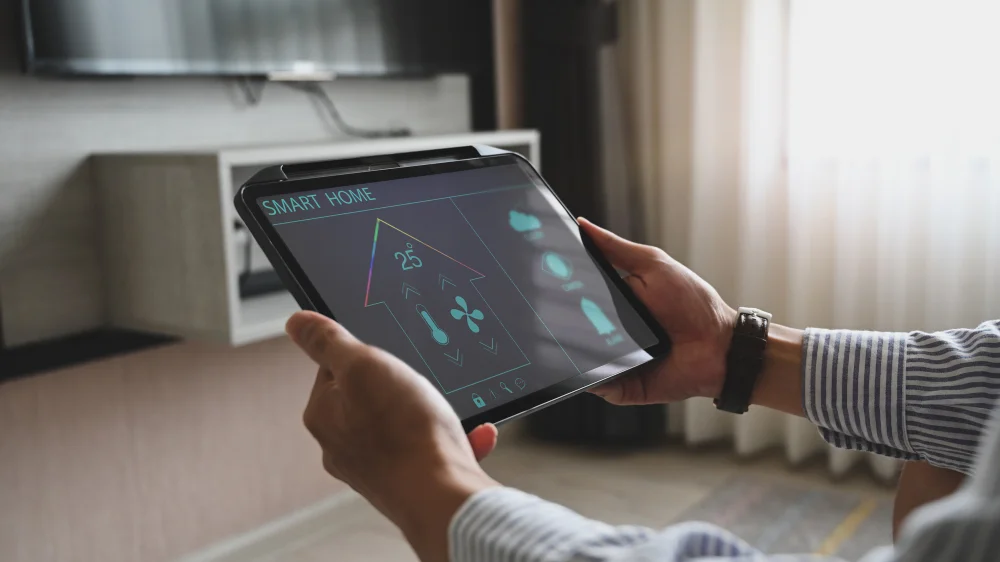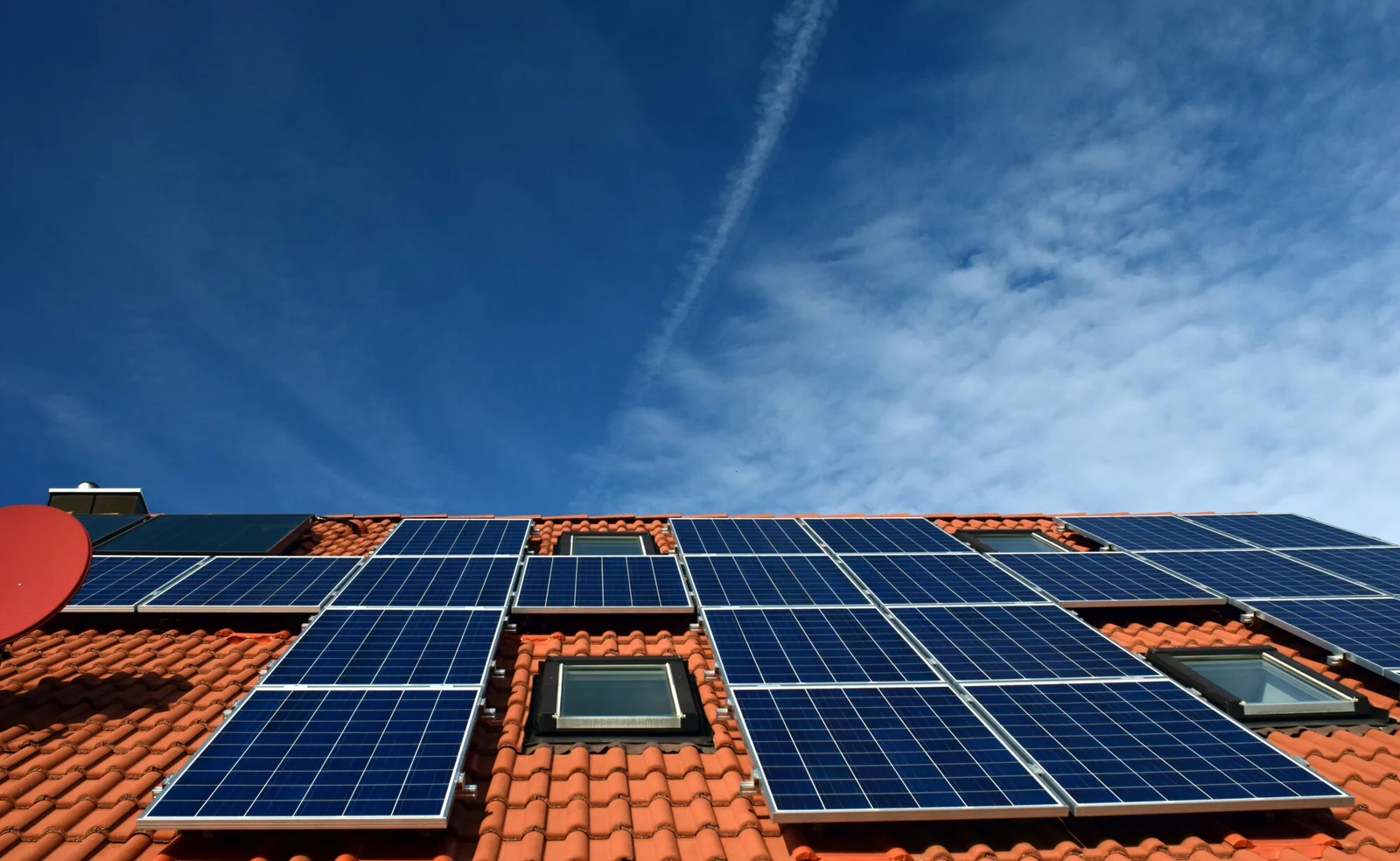The demand for going sustainable and booming utility bills have struck a debatable topic over the smart use of electricity. As you focus on becoming eco-friendly and adopting cost-effective practices, keeping track of your usage can be a helpful way to do it. Wondering how? Well, thanks to advancing technology, leveraging energy management systems has become more feasible than ever.
Devices like home energy monitors and smart meters are two popular devices that are easily available in the market these days. However, to make the most out of them, it is crucial to understand their intricate details. Let’s examine the details of energy monitors and smart meters in-depth.
What Are Home Energy Monitors?
Energy monitors are devices designed to provide real-time insights into your electricity consumption. When connected to your home’s electrical panel, they track the energy usage of individual appliances or circuits. Their user-friendly interface offers detailed information about how much energy your devices consume. By knowing your detailed consumption level, you can make informed decisions about usage patterns and potential savings.
Understanding Smart Meters
Smart meters, on the other hand, are utility-installed devices that monitor overall energy usage for billing purposes. They replace traditional analogue meters and offer the utility company real-time data about your electricity consumption. Smart meters use two-way communication to send this data automatically, eliminating the need for manual meter readings.
Key Differences Between Home Energy Monitors and Smart Meters
- Granularity of Data
An energy monitor offers a detailed breakdown of energy consumption, allowing users to track individual appliance usage or circuits within the household. This level of granularity empowers you to identify specific areas of high energy consumption and take targeted measures to reduce usage. This, ultimately, translates to cost savings. On the contrary, smart meters provide an overall view of the household’s energy consumption without the detailed breakdown available through home energy monitors.
- Installation and Ownership
The installation process and ownership of these devices differ significantly. An energy monitor is typically purchased by homeowners and requires installation by a professional. Moreover, you, as a user, have full ownership and control over these devices.
In contrast, smart meters are installed and maintained by energy suppliers as part of their service provision. Homeowners do not own smart meters, and any issues or maintenance requirements fall under the responsibility of the utility company.
- Purpose
The primary purpose of an energy monitor is to offer you detailed insights into their energy usage. You can monitor real-time data, identify energy-intensive appliances, and make informed decisions to manage consumption effectively. This can also help in making significant cost savings.
On the other hand, smart meters serve the utility company’s need for accurate billing and managing the energy grid. They provide essential consumption data for billing purposes and support the implementation of time-of-use tariffs but lack the detailed insights available through home energy monitors.
- Accessibility of Information
Energy monitors usually provide real-time data accessible via mobile apps or online portals solely to you. However, smart meters are owned by utility companies, and hence, the collected information is indirectly passed on to you.
Why Consider Energy Monitors for Your Home?
If you are seeking precise insights into your energy usage to identify opportunities for savings and efficiency improvements, a home energy monitor is an invaluable tool. By understanding which devices consume the most energy, you can adjust usage behaviors and potentially reduce your electricity bills.
Partnering with Reputable Energy Brands
Choosing to partner with reputable energy brands offers several benefits when considering home energy management solutions. Reputable brands often offer reliable products with user-friendly interfaces, ensuring easy access to vital energy consumption information.
Moreover, their established presence in the market often comes with reliable customer support and regular updates to enhance device functionality and security. Moreover, partnering with established brands can also lead to better compatibility with other smart home devices and services.
Depending on what you need, a home energy monitor or a smart meter, partner with a trusted energy brand today!
Sources:
https://www.researchgate.net/publication/302225770_Electric_Circuits
https://www.sciencedirect.com/topics/materials-science/smart-meter


















